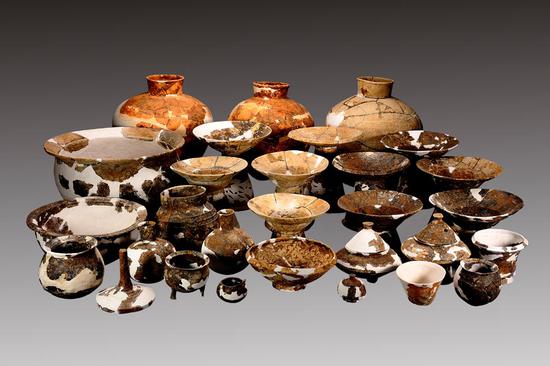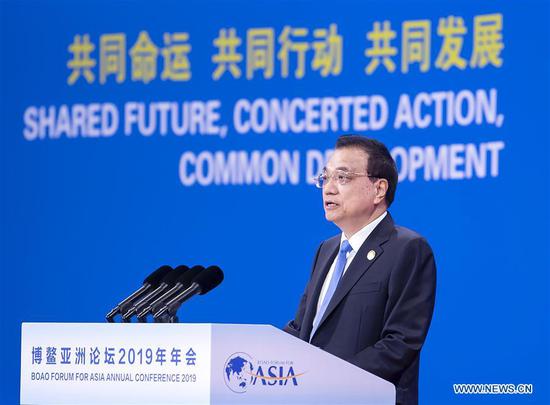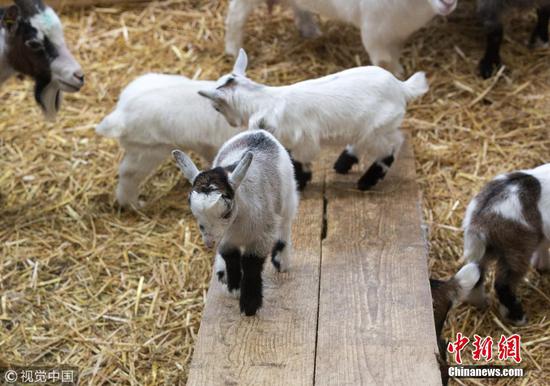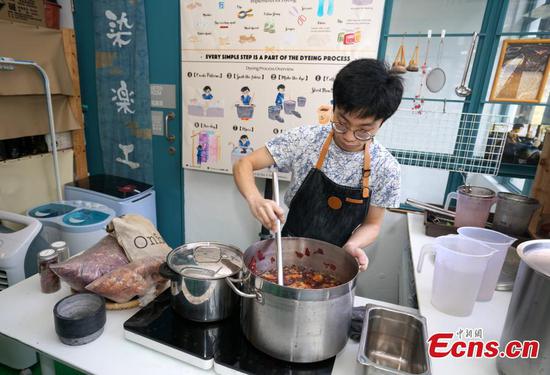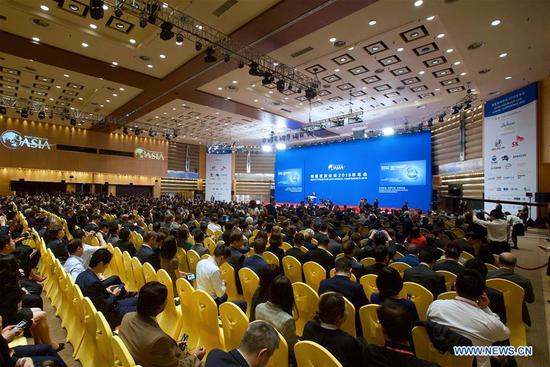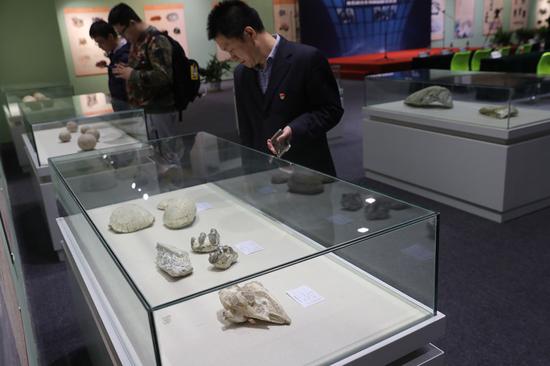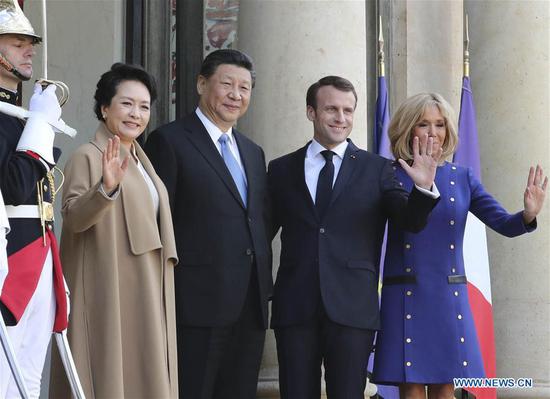Global companies are seeing opportunities in China's fast-growing and dynamic consumer market, with more planned investments into high value-added products and services.
Robert Aspell, president of Asia Pacific for Cargill, a U.S.-based agriculture and food company, said the company was looking at more investment opportunities in the value-added oil field, as more Chinese were living healthier lifestyles and craved different kinds of oil.
"Once you get to a certain economic level, you don't continue to eat more food. You start diversifying and upgrading," Aspell told Xinhua, on the sidelines of the Boao Forum for Asia (BFA) annual conference, which concluded Friday.
As China continues its structural reform, consumption has been playing an increasingly important role in the economy, contributing 76.2 percent of GDP growth last year.
With a population of nearly 1.4 billion and an expanding middle-income group, consumption will remain a major driver of growth, while policies to increase resident income and improve quality of goods and services will further unleash its potential, authorities have said.
The country will use multiple avenues to increase the supply of quality products and services, according to the government work report delivered to the annual national legislative session earlier this month.
At the forum, business leaders around the world said they have seen tremendous opportunities brought by China's changing consumer market.
Keynes Li, senior vice president of Nu Skin Greater China, a U.S.-based developer of skin care products, said he has seen explosive growth in China's consumption ranging from daily consumer goods to luxuries, bringing big opportunities for the firm.
Sales in China for the company increased 23 percent year on year in 2018, thanks to fast growth in personalized skincare products, Li said.
"The growth exactly reflected the rising demand from Chinese consumers for high-quality products and services," Li said, adding that the company had increased its investment in China last year.
To monetize this gigantic market, firms not only need to keep abreast of what the Chinese consume, but also how they consume, according to participants at the forum.
According to Wang Zhonglei, co-founder and CEO of Huayi Brothers Media Corporation, China's booming consumer power has fostered growth in the film industry, as the average number of times that Chinese go to the cinema per year reached two in 2018, as compared with only 0.1 just 10 years ago.
He said the "upgrade" in the film industry was not only in content, but the whole process of consuming the content.
"For example, in just a few years, the Internet has totally changed how we buy a movie ticket," he said.
Digitalization has also changed how Chinese consume their food, Aspell noticed. Living in Shanghai, he is used to buying the groceries from an app on his smartphone.
Cargill is closely looking at opportunities rising from digitalization in the food service sector, he said.
"There is much activity going on in China like the upgrading of consumption. This is keeping us on our toes," Aspell said.













